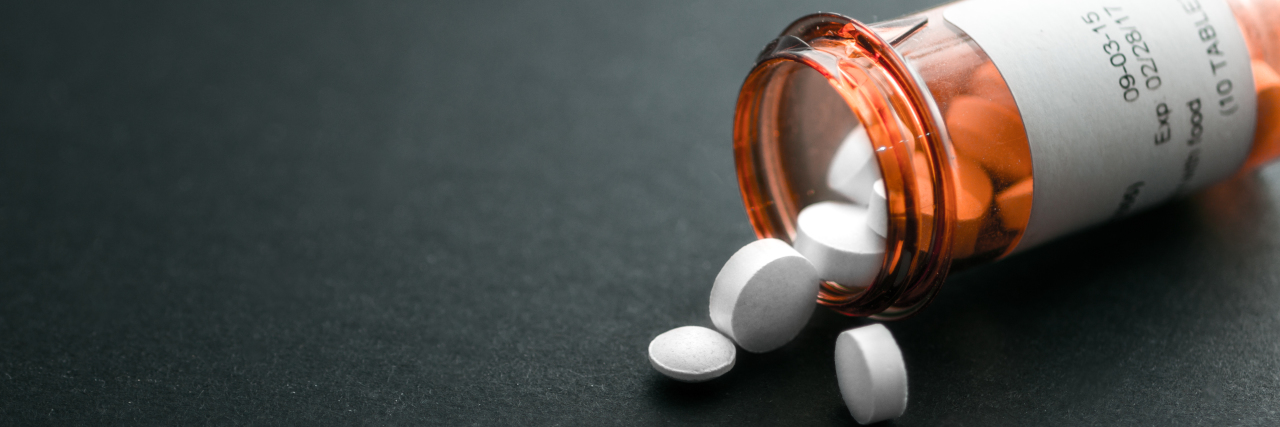I had never considered myself disabled until the spring of 2017 when I crashed my car and lost my license, although I had epilepsy since the age of 12. I had always had it under control by some means, staying inside when it was too hot, not overexerting myself and taking medication with regular checkups to my neurologist. About every two years I needed an adjustment to my medication, something most people regularly do since our bodies become accustomed to the levels of the medication.
My local neurologist was two hours away since I had recently moved, and he put me on a new medication. It was a new medication with no generic substitute and the first time I went to get it from my pharmacy, I nearly had a heart attack. It was almost $900 – even with the insurance I got through work.
Other relevant stories:
• Medications for Epilepsy
• Things You Can’t Do with Epilepsy
• Is Epilepsy an Autoimmune Disease
For a while, my doctor gave me samples to get me through the harshness of it and until I hit my deductible, but driving two hours to see him was staggering enough in itself. I couldn’t pay $900 a month, and even with a $100 coupon from the supplier, it was still crushing me. I didn’t qualify for assistance from the company, so I did the only thing I knew to do. I stopped taking that medication.
I continued taking my other medication, which has worked great for me for years. For over a year I was seizure free, and it made me feel invincible. But then as I was driving home on a random day, I woke up in the back of an ambulance. I learned how easily I could have had my mortality stolen away, and that the harsh cost of my health was only worth a Wendy’s hamburger. I had slammed my car into a tree while seizing at the wheel.
I know I could have hurt other people in the process. I had totaled my own car and spent two days in the hospital for something I would not wish on anyone else. I felt invincible, like I was unbreakable and having a rush no one could take away. Then I lost my license for six months and I no longer had a car. I had to beg rides from people at 29 years old, have my husband drop me off at work and take Uber home. I saw a new neurologist because I couldn’t control my own body and my brain worked against me. Everything in my life was wrong.
When studies say that epileptics are more likely to have depression, in my experience they are correct. After my accident, I stopped showering, brushing my teeth and wearing makeup. I had just obtained my Master’s degree and was planning on getting my Ph.D., but after the accident, I had to drop out of school. All of my plans were going astray.
A friend and colleague told me, “The brain is an organ and can become ill like any other organ. You just need to flush the bad things out.” I took her advice, started to see a regular therapist and gained my license back. It was spring and I was happy, and with family’s help, I resumed taking the overpriced medication I was once too ashamed to admit I couldn’t afford. I got my independence back.
I had once neglected my mental and physical health, metaphorically spinning wheels and living vivaciously. There is a proper and improper way to do things, and I fell in one of the lowest places of my life after learning one of the harshest lessons. I now know what it means to have a disability and to be categorized with a label. I have to get paperwork filled out every six months to keep my license. I have a warning at the DMV. I have to pay extra on my insurance because I’m considered a risky driver now.
Despite all of these things, my life is better. I can work a job. I can drive again and I have done more than three-quarters of my friends have. My name is Erin and I am epileptic and pretty awesome.
Getty image by GC Sherman 1.

